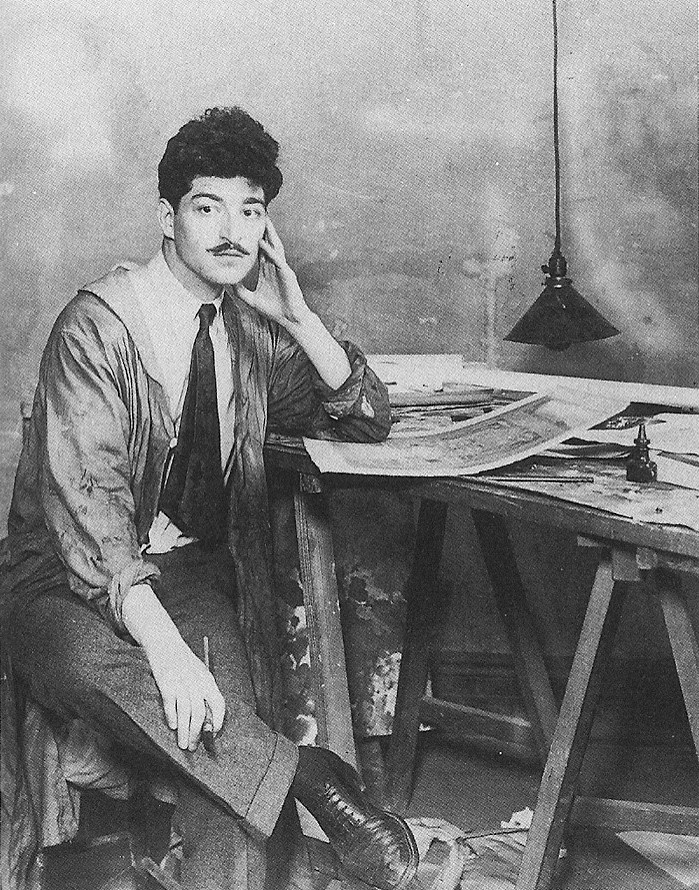Previous Fellows
- 2025: Bria Miller, Atlas of Abolitionist Urbanisms: Mapping Liberatory Socio-Spatial Practices in the Black South
- 2024: Pavitra Nayak and EunJin Shin, Double-E Build: Transforming Rice Husk into Sustainable Building Solutions
- 2023: Zina Berrada, Let Them Build! Constructing Women’s Liberation in Rural Morocco
- 2022: Ruben Dario Gomez Ganan, Towards a Bogota that
Stops Smelling Bad
- 2021: Nadine Fattaleh, Toolkit for Resilient Agrarian Futures
- 2020: Frank Mandell, Kathleen McNamara, and Maxime St. Pierre Ostrander, karbonfunkc.io
- 2019: Lorena Barreto Galvao Santos, En-Power Puerto Rico
- 2018: Ranitri Weerasuriya, Let’s Build Great Things!
- 2017: Violet Whitney and Julie Pedtke, Rebuilding Trust: Collective Ownership and the Changing Economic Infrastructures of Detroit
- 2016: Sebastian Delpino, Citizen Press; Riley MacPhee, Nonscandinavia
- 2015: Houman Saberi, WiFi Connectivity for Red Hook Houses
- 2014: Whitney Starbuck Boykin, Spatial Histories of the Common Ground
- 2013: Ligaya Maceda, Class Act
- 2012: Lauren Racusin and Kerensa Wood, Building Democracy: Using Architecture and Heritage to Foster Public Participation in Myanmar; John-Michael Buonocore, Rickshaw Pullers of Chandigarh
- 2011: Rachel Barnard, Young New Yorkers
- 2010: Annie Coombs and Zoe Malliaros, Post-Reservation: Visualizing Housing, Economy and Infrastructure on the Lakota Reservations; Marc Leverant, The Propagation of Fear: Architecture, Religion, and Politics
- 2009: Troy Conrad Therrien, Points of Viewing: A Summer Course for At-Risk Youth to Understand the City
- 2008: Avik Maitra, Radecology: Malawi










